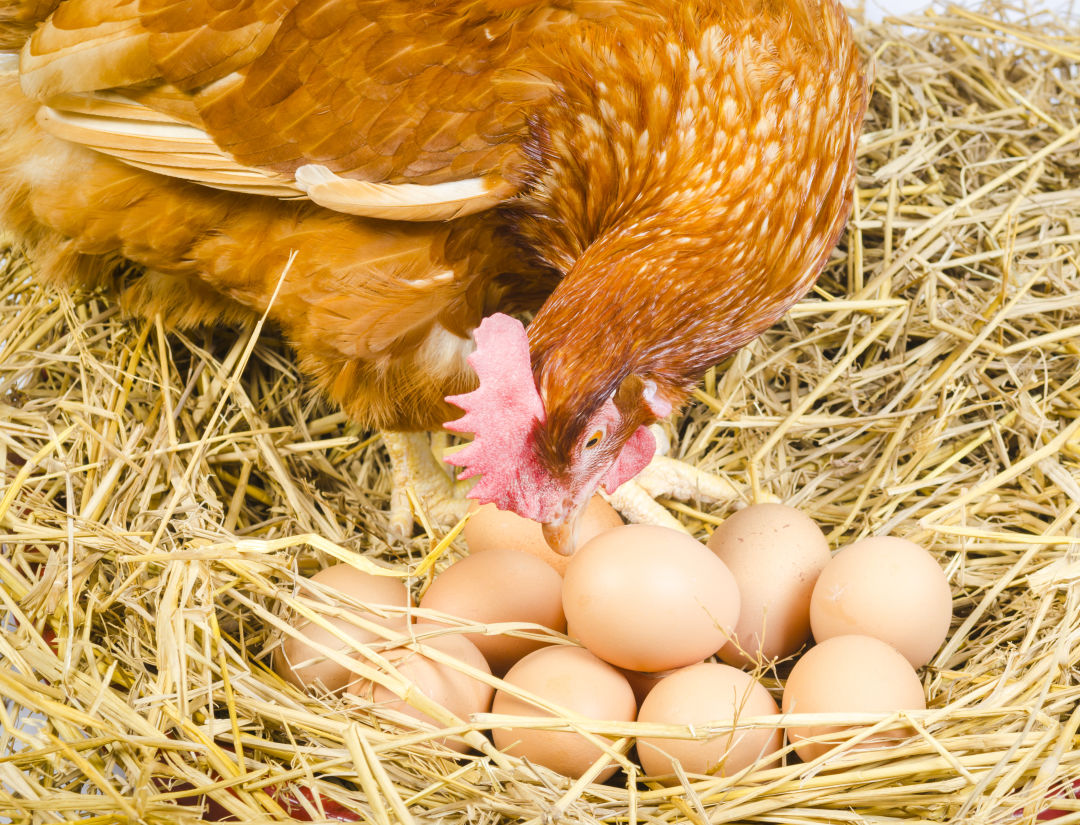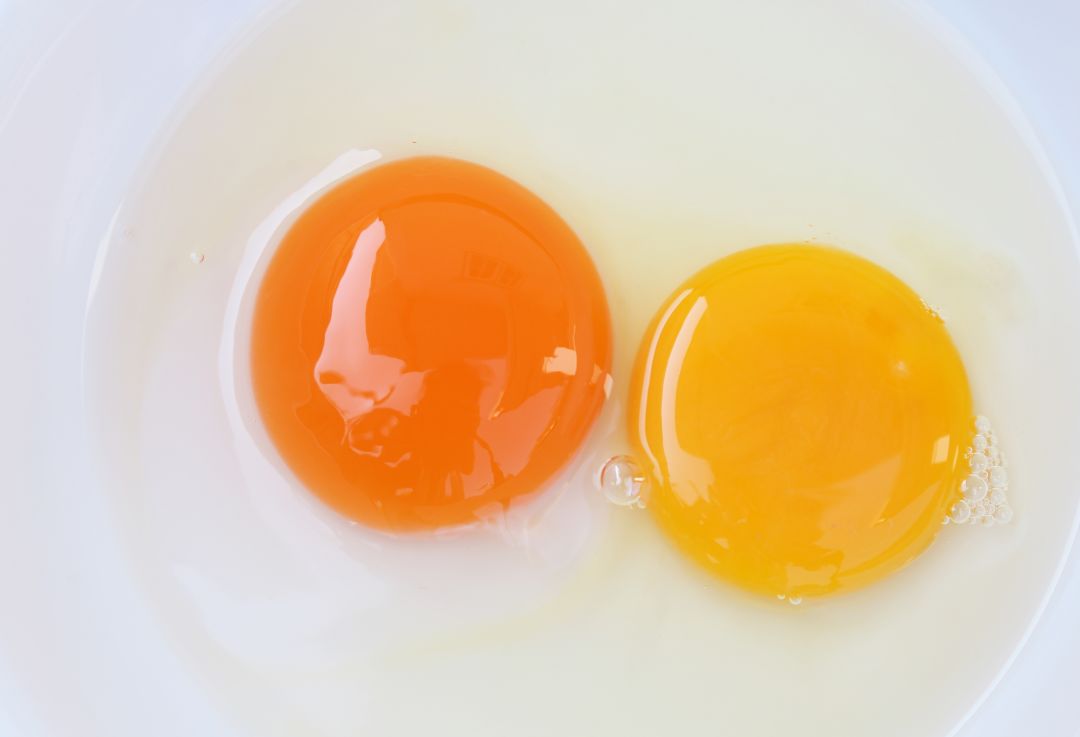Half a Dozen Facts About Eggs That Might Surprise You

Grove Ladder Farm's Tim Clarkson.
Image: courtesy photo
The average American eats around 280 eggs per year. That's a lot of eggs. Yet, despite our high rate of consumption, there is much we don't know about this breakfast staple. We spoke with Tim Clarkson of Grove Ladder Farm in Arcadia to get the details on these protein powerhouses.
Let's start with the basics: What is an egg?
This is a heavily debated topic. Eggs aren’t meat or dairy, so what are they?
“I would classify the egg as the perfect food,” says Clarkson. “It covers so many bases. It's a perfect protein and has high amounts of quality fatty acids, especially a pasture-raised egg from a bird that’s getting a varied diet.” The average egg contains about seven grams of protein and plenty of Omega-3 fatty acids—a nutrient that our bodies cannot produce, but need in order to maintain healthy cell wall structures and give us energy.
Chickens will eat their own eggs.
That’s right—eggs are so delicious that even chickens can’t resist them.
“If we have cracked eggs, we'll either feed them to our livestock guardian dogs or we'll give them to the birds,” says Clarkson. “They're actually a really great source of nutrients for them, for all the same reasons they are good for us.”

The color of the yolk says a lot about the chicken’s diet.
“The yolk color depends exclusively on the hen’s diet and varies from season to season,” says Clarkson. “The color of the corn in the ration or the grain the hens are eating is one of the primary forces controlling the color of the yolks. The more orange-colored the corn, the more orange the yolk. The other thing that contributes to the color of the yolk is the amount of xanthophylls, or green material, the hen is eating. During the spring and summer, when we get a flush of grass, our egg yolks darken up even though we don't change the color of the corn. This is because the chickens are eating more green material.”

Refrigeration is not needed for unwashed eggs.
“When a chicken lays an egg, the shell is sealed with something called a bloom or cuticle,” says Clarkson. “It seals the porous shell and prevents bacteria from getting into the egg and infecting the embryo. When farmers wash eggs, the blooms are washed off and that makes the eggs more susceptible to bacteria invading the shells. That's why we refrigerate them.”
Farm-fresh eggs will last longer in your refrigerator than store-bought ones.
Store-bought eggs may already be around 30 to 60 days old at the time of purchase. Because of that, Clarkson says, “they only give you four to five weeks to consume those eggs. Our eggs will last for months in the refrigerator. Farm eggs are far superior from grocery store eggs just on freshness alone, because, unless they are frozen or freeze dried, the nutritional value of eggs declines as they sit in packaging.”
The color of the egg is not an indicator of quality.
For years, many of us have thought of brown eggs as being more nutrient-rich and natural than white eggs, but that's not the case.
“People see a brown egg and they view it as a higher quality egg,” says Clarkson. “But the shell color doesn't have anything to do with the nutritional value or the quality of the egg. It's mainly dependent on the breed of the chicken.”
Grove Ladder Farm is located at 5690 Stallings Terrace, Arcadia. For more information on how to purchase the farm's eggs and other products, visit its website.



